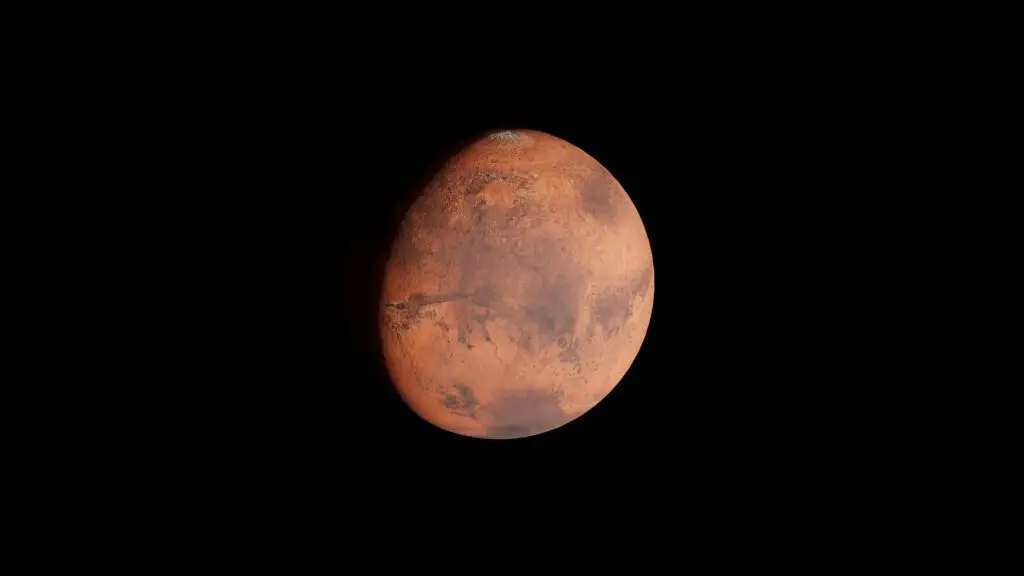When are Earthians Going to Reach Mars?
Mars, the fourth planet from the Sun, is often called the “Red Planet” due to its reddish appearance caused by iron oxide (rust) on its surface. Slightly more than half the size of Earth, Mars has a thin atmosphere primarily composed of carbon dioxide, making it inhospitable for human life as we know it. But, anything is possible.
Mars features the tallest volcano in the solar system, Olympus Mons, and the vast canyon system, Valles Marineris. With its polar ice caps, evidence of ancient rivers, and ongoing exploration by rovers and orbiters, Mars remains a prime target for understanding planetary evolution and the potential for life beyond Earth.

First Question?
Is it possible?
Yes, reaching Mars is definitely possible with current technology. Robotic missions have already succeeded, and future human missions are planned to explore its surface and study potential habitability.
Second Question?
How long will it take?
Humans to reach the planet Mars might take over a century. By 2040, humans could land and begin testing habitats. The 2050s may see small-scale research outposts. By 2100, settlements could emerge, utilizing Martian resources. True self-sustaining colonies with agriculture and infrastructure might take until 2200, slowly transforming Mars into a viable second home for humanity.

Question 3?
How would it be like to live in Mars?
Living on Mars would be both a challenge and a triumph of human spirit. Imagine waking up in a domed habitat, the red Martian horizon stretching endlessly outside. The sky, a muted pink, reminds you that this is a world unlike Earth. Days are spent growing food in hydroponic farms, extracting water from the soil, and crafting a life in an environment that demands resilience and innovation.
At night, you look up at a sky unfamiliar yet captivating, knowing Earth is just a tiny dot in the vast expanse. Every breath, every step, is a testament to humanity’s courage and adaptability. It’s a life of purpose, where survival itself is an achievement, and every individual contributes to building a new chapter for humanity.
Living on Mars wouldn’t just be about surviving—it would be about thriving, about proving that humans can adapt and endure, about finding unity in isolation and hope on an alien world. It’s a reminder that even the harshest challenges can spark the brightest futures.